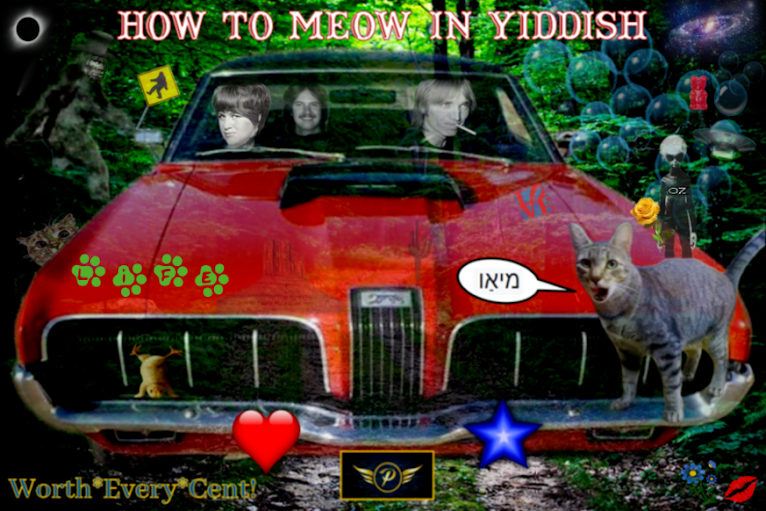🎄 Meowee Christmas!🎄
4 days!
Sometimes it’s very instructive to
just let your cats talk amongst themselves and listen to them. You can learn a
lot that way. You really have to pay close attention.
For instance, last night Suzy was
reclining, Odalisque style, on the old gas heater and she looked thoughtful as
she often does. Willie, the built-in masculine gainsayer was on the green chair
just in front of the heater. They were talking about a workable philosophy of
life. Cats are past masters at this because they have nothing else to do
really.
“I think I have it figured out,”
said Suzy.
Willie’s eyes flew open in alarm. “What!”
“How life works. I’ve got it this
time,” said she.
“That’s a little sinister coming
from you,” Willie laughed.
“No, listen, Willie. You know how
they’re always talking about all different kinds of living creatures as if each
type is a totally unique entity? Well, that can’t be true.
“I have come to the conclusion that each
species is a different form of cat. Some possessing great feline virtue have a
close appearance to a literal cat, such as we are.
“Some, perhaps having really messed
up in a former life, come in forms such as bugs, snakes, fish and all those, or
even, shudder, as dogs. It’s hard to imagine what a cat could do to come back
in the form of a dog!” said Suzy in wonderment.
“In fact, upon consideration, I have
determined that the UR form of life, the original template is that of cat. Erring
past lives have to account for the apparent variety!” she said.
“I find myself quite speechless,”
said Willie. This was, of course, not true.
“Suzy, what about humans?” inquired
Willie. I listened very closely then!
“What I think is this. Those who
come back as human were very silly cats, doing things no cat should do,” said
Suzy. “Like building things and organizing large groups of cats. That’s not
catlike, is it?”
“What about mice?” said Willie. “Are
you sure there isn’t a whole ‘nother order of creation there that you haven’t
wedged into your philosophy?” said Willie.
“No. Mice fit too. They must have
been cringing, Scardycats™. Thus they deserve to be mice this time ‘round!”
asserted Suzy.
“Hold up, Suzy. Do you remember what
Toots said the last time you got carried away?” said Willie, stifling his
guffaws.
Suzy seemed to be wracking her brain
for a few quiet seconds.
“Not sure,” she said.
“I’m probably paraphrasing, but what
she said was that cat heads are too little for philosophy. It’s not our specialty.
We’re made for love, comfort, and napping. And eating, of course! “Just Purr™,
Suzy! It’s all ya gotta do!” insisted Willie, rearranging himself to go back to
sleep. “Like, take a nap!”
“Well, if Toots says so, I’ll
consider it,” purred Suzy, as she drifted off to sleep.
And I was left alone there, at my
desk, to consider the merits of her assertions!
😻




camp.jpg)

.jpg)













.jpg)




%20(1).jpg)
.jpg)
.jpg)


.jpg)



